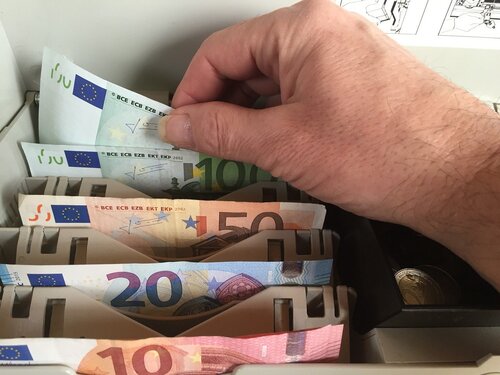Une décollecte de plus d’un milliard d’euros
La décollecte du Livret A a atteint en octobre le montant de 940 millions d’euros. Si on y ajoute celle du Livret de développement durable et solidaire (LDDS), la décollecte est de 1,01 milliard d’euros au total, alors qu’au mois de septembre la collecte était positive de 1,28 milliard.
Cette diminution de l’épargne n’est toutefois pas exceptionnelle en elle-même, le mois d’octobre étant presque toujours, à l’exception de 2011 et 2012, un mois de décollecte, en raison notamment du paiement des impôts locaux et des frais liés à la rentrée scolaire. Cependant, cette décollecte confirme une certaine normalisation de l’épargne des Français, qui ont mis de côté en 2020 pas moins de 110 milliards d’euros sur leur livret A, leur LDDS et leur compte courant.
L’épargne, levier de la relance économique
Le gouvernement a le regard braqué sur cette épargne qui, si elle était dépensée, permettrait de soutenir la relance économique, que cela passe par la consommation ou par des investissements en faveur des entreprises.
À ce titre, plusieurs annonces ont été faites : Bpifrance a créé le fonds « Bpifrance Entreprises 1 », pour inciter les Français à investir dans des entreprises françaises non cotées, et le label Relance a été mis en place pour encourager les particuliers à investir en fonds propres dans les entreprises. Mais l’épargne a toujours la faveur des Français, dans un contexte économique plus qu’incertain.
À l’échelle de l’Union européenne, l’épargne privée a augmenté de 1,7 point de PIB en 12 ans, entre 2007 et 2019. La France n’est donc pas un cas isolé. Le mois de novembre, marqué par un deuxième confinement, aura probablement incité une nouvelle fois les Français à l’épargne, et la collecte du Livret A et du LDDS devrait donc de nouveau être positive.
